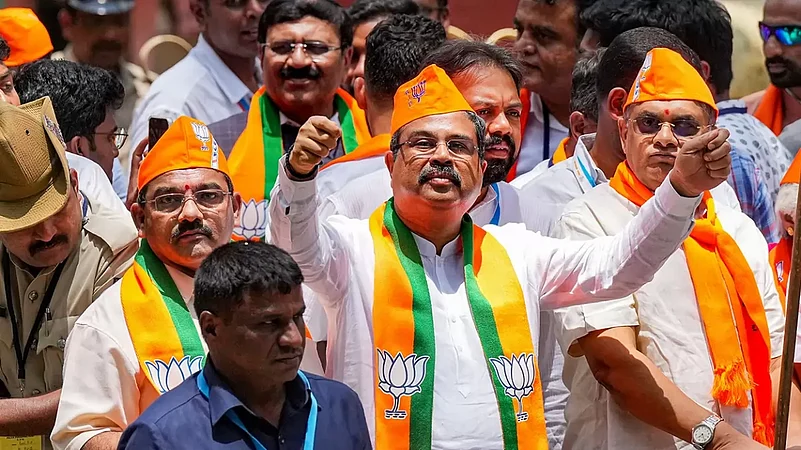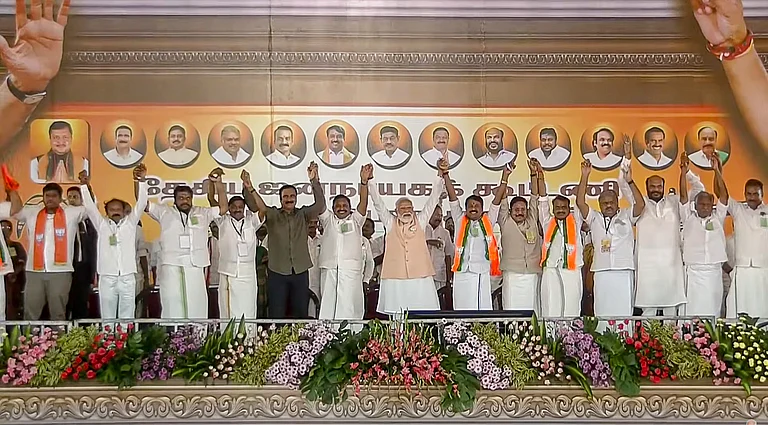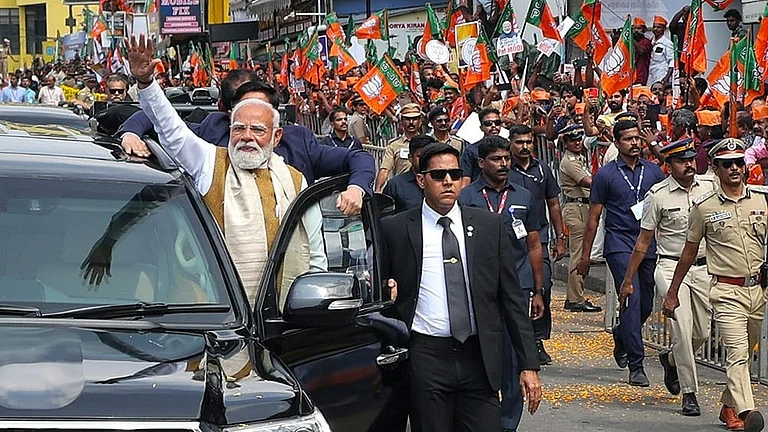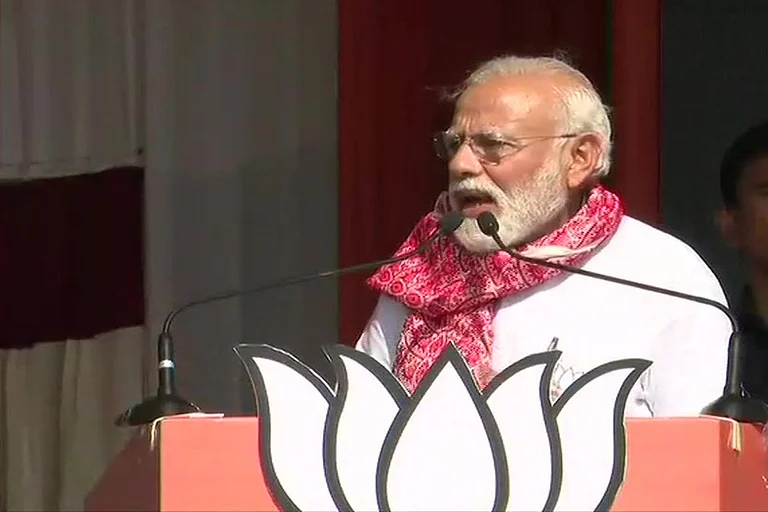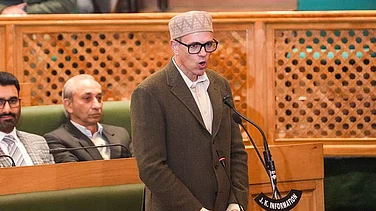The Bharatiya Janata Party (BJP) has cleared the road to victory in Bengaluru yet again. Out of the seven constituencies in Bengaluru Urban, BJP is leading in five, whereas Congress has two.
A lead for BJP in the city would give them a strong base to build on this victory in the 2024 general elections. The importance of the city was also seen during the last leg of the campaigning when Prime Minister Narendra Modi took out a 26 km roadshow.
As per the latest Election Commission data, BJP is leading in Mahadevapura, Yelahanka, Dasarahalli, Yeshwanthapura and Bangalore South constituencies, whereas Congress is leading in Byatarayanapura and Anekal.
In the last three elections, more than half of the 28 seats (16 of them) have seen the same candidate (on the same party ticket) win the last three elections. Nine of them are from the BJP and seven from the Congress. Apart from some changes, the trend has continued even this time.
BJP had won from Mahadevapura, Yelahanka and Bangalore South in 2018. Congress had won from Byatarayanaoura and Anekal whereas JD(S) won in Dasarahalli. This year, JD(S) has trailed behind.
Low Voter Turnout
While early visuals from polling day showed people queuing outside polling booths in large numbers on Wednesday after workplaces, schools and other government and private organisations stayed shut to allow people to cast their vote for the upcoming elections, Bengaluru voter turnout at 5pm was in fact lesser than last year. It recorded an average of 54.53% voter turnout. Looks like the move to choose a mid-week date to encourage polling didn’t work as per expectations.
The voter turnout in Bengaluru during the 2013 and 2018 assembly polls was 62 percent and 57 percent, respectively. In the 2019 Lok Sabha polls, Bengaluru's turnout was 54.1 percent— which is even lower than the 56 percent recorded in 2014.
Although many reasons could be attributed to low turnout including inter and intra-state migration and urban apathy, activists point out that flaws in the electoral system leading to exclusion of names from voters list, bogus names and the potential deletion of names as was seen in Shivajinagar, could also lead to lesser voters turning up. As per Election Commission data, Congress candidate Rizwan Arshad is leading in Shivajinagar against N Chandru of BJP.
Out of the eight seats in Bangalore South, BJP is leading in Vijaynagara, Chickpet, Basavanagudi, Padmanabha Nagar, Jayanagar, and Bommanahalli. While in B.T.M. Layout and Govindraj Nagar, Congress is leading. Bangalore South is in the fact largest Assembly constituency in Karnataka and has more than 581,000 voters.
The city has been making headlines for its civic woes among other issues – dug up roads, potholes, overflowing garbage – especially during the floods last year. The city was inundated under 131.6mm of rain in August-September 2022. One such constituency which saw the aftermath was Mahadevapura. Residents suffered from poor infrastructure and unplanned development, for which the BJP faced a lot of criticism.
Activists expected that the anti-incumbency effect of sitting BJP MLA Aravind Limbavali and citizens' frustration with the floods would change leadership. However, the BJP chose his wife Manjula Limbavali for the constituency and is currently leading against H Nagesh of Congress.
A win for the BJP here would also mean that they would have control over the city corporation which is currently being run by MLAs, bureaucrats, and other civic officials. The city’s local civic body, Bruhat Bengaluru Mahanagare Palike (BBMP), has been functioning without an elected council since September 10, 2020, which means that citizens have not had elected representatives at the grassroots level to reach out to regarding day-to-day affairs that directly affect them.






